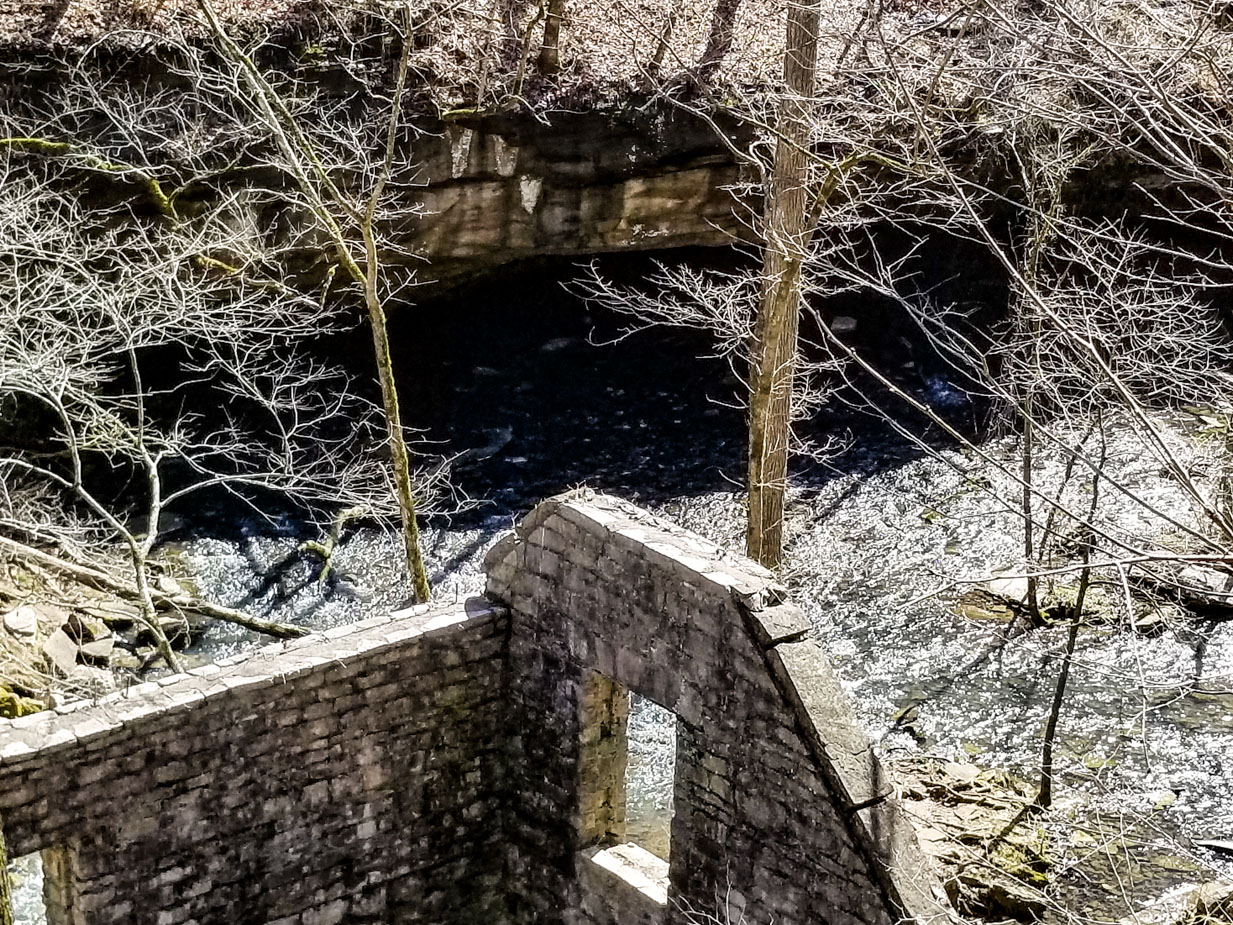

 ©LaBelleLife.com
©LaBelleLife.com
Chapter 10:1-11 (ESV) - “At that time the LORD said to me, ‘Cut for yourself two tablets of stone like the first, and come up to me on the mountain and make an ark of wood. And I will write on the tablets the words that were on the first tablets that you broke, and you shall put them in the ark.’ So I made an ark of acacia wood, and cut two tablets of stone like the first, and went up the mountain with the two tablets in my hand. And he wrote on the tablets, in the same writing as before, the Ten Commandments that the LORD had spoken to you on the mountain out of the midst of the fire on the day of the assembly. And the LORD gave them to me. Then I turned and came down from the mountain and put the tablets in the ark that I had made. And there they are, as the LORD commanded me.”
(The people of Israel journeyed from Beeroth Bene-jaakan to Moserah. There Aaron died, and there he was buried. And his son Eleazar ministered as priest in his place. From there they journeyed to Gudgodah, and from Gudgodah to Jotbathah, a land with brooks of water. At that time the LORD set apart the tribe of Levi to carry the ark of the covenant of the LORD to stand before the LORD to minister to him and to bless in his name, to this day. Therefore Levi has no portion or inheritance with his brothers. The LORD is his inheritance, as the LORD your God said to him.)
“I myself stayed on the mountain, as at the first time, forty days and forty nights, and the LORD listened to me that time also. The LORD was unwilling to destroy you. And the LORD said to me, ‘Arise, go on your journey at the head of the people, so that they may go in and possess the land, which I swore to their fathers to give them.’”
Question to consider: Why does the LORD have Moses put the new tablets in the ark?
In order to prepare for today’s passage, it would be good to refresh your memory regarding the events that led up to Moses destroying the first set of tablets in Exodus 32. God had given Moses a detailed set of instructions on how He would receive worship, the garments to be worn by the priests, and the physical elements that would be present in His tabernacle. All of these things were to be completed with artistry which God had specifically gifted to the sons of Hur.
God held Moses up on the mountain for what was described as forty days and forty nights. This may have been a literal amount of time, but it is worth noting that the number forty was always used in reference to an ordeal— a time of testing allowed by God. Could it be that the days represented the years of a generation? This ordeal was really rather passive. The people didn’t have to endure famine or thirst or calamity. They merely had to submit to the leadership of Aaron and wait patiently for God to deliver the covenant to Moses on the mountain. They failed miserably. Aaron gave in to the request (more like threats) of the people, and he had the women and children give up their gold earrings taken from Egypt to fashion into a golden calf. Rather than worshiping God according to His specifications, Aaron turned their worship into an abomination, and Moses destroyed the tablets.
Ever since the curse pronounced on Adam, Eve, and the serpent in Genesis 3, scripture divided up the world into two lines of people: those who worshiped God in faith were called “the seed of the woman”, and those who did not were called “the seed of the serpent” (brood of vipers). We can almost view the covenantal tablets as representative of these two lines. The first set was destroyed like those in the flood, and the second was protected in an ark like Noah and his family.
The parenthetical note of history describing the death of Aaron took place over the forty years they wandered in the desert (from Beeroth Bene-jaakan to Moserah to Gudgodah to Jotbathah). God did not immediately kill Aaron at Mount Horeb, but he did not live long enough to even see the land from the mountain as Moses had. The intention here it seems was not so much to provide an ordered timeline but to emphasize that the second forty-day ordeal was applied to the next generation— the generation of faith who would inherit the land. While that generation of faith (who had not directly witnessed the plagues of Egypt or endured the years of slavery) was still stubborn and undeserving of the inheritance, they at least remained faithful during the second giving of the Law and were allowed to possess the land.
Dear heavenly Father, just like the generation who inherited the land, we are a people who have come to You in faith through Christ, the ark of our salvation. We are stubborn and undeserving of Your love and so are grateful that You still chose to lavish it upon us. Thank You for giving us Your Holy Spirit who sanctifies us and keeps us fixed on Christ. Amen.